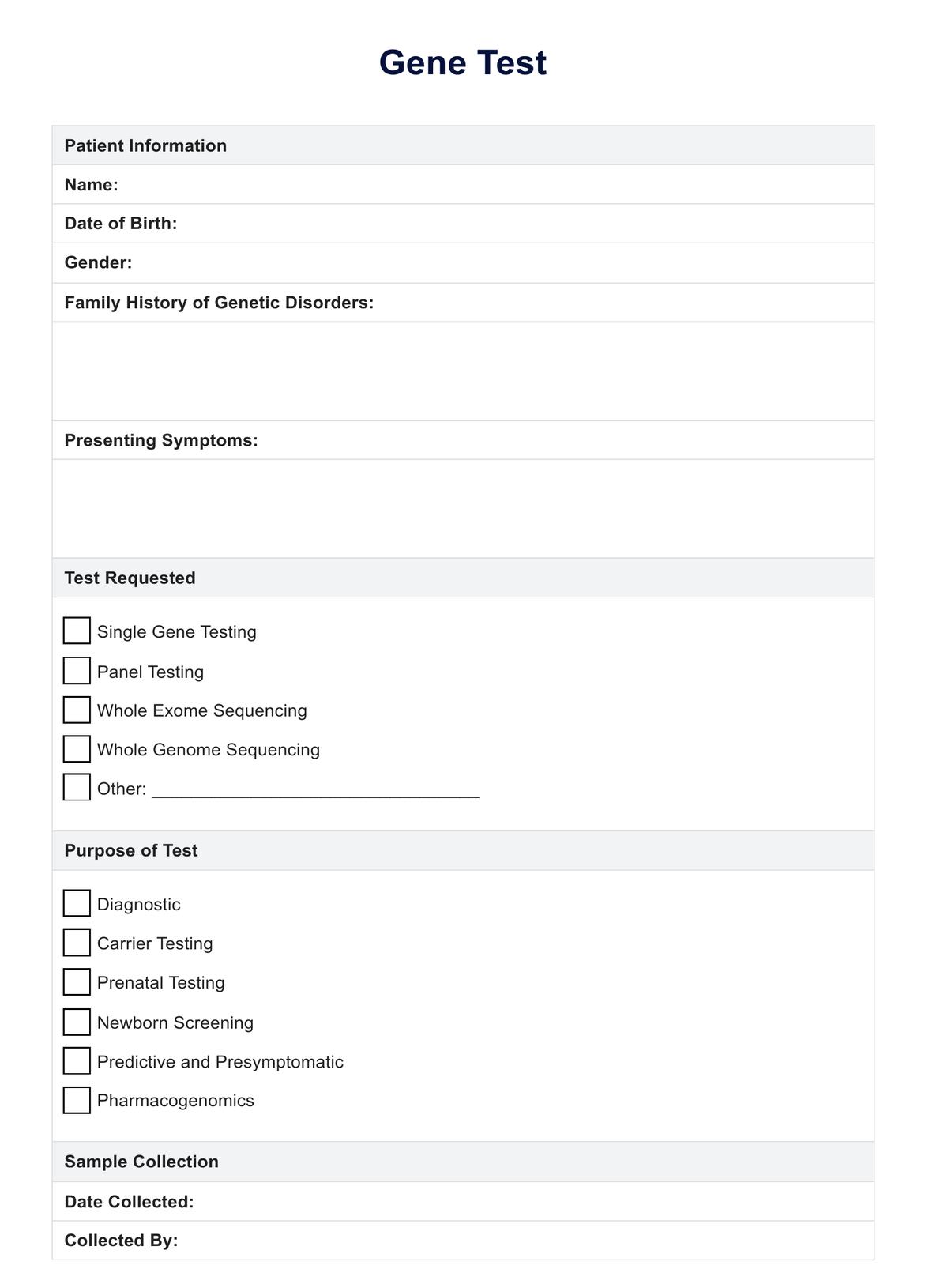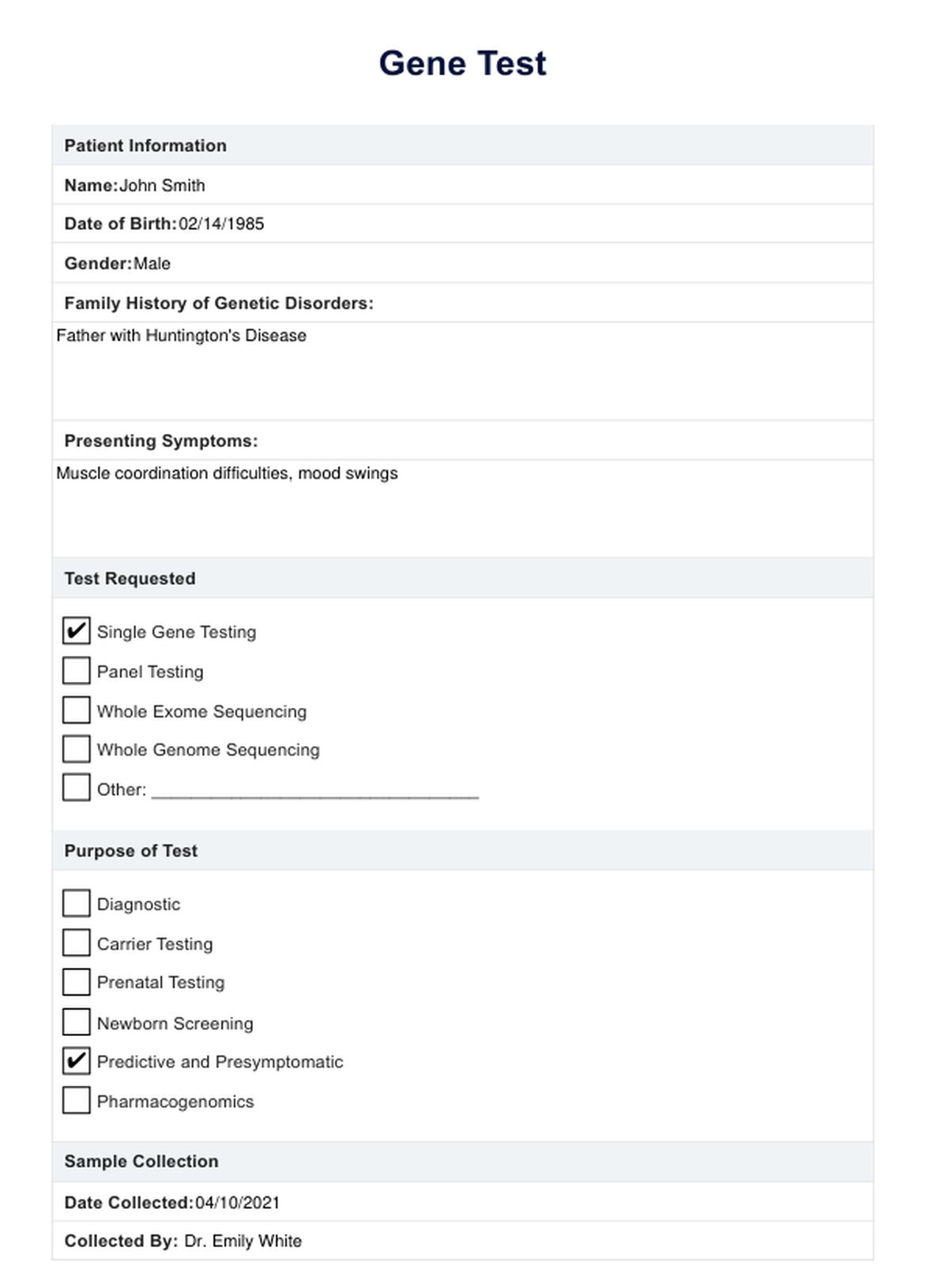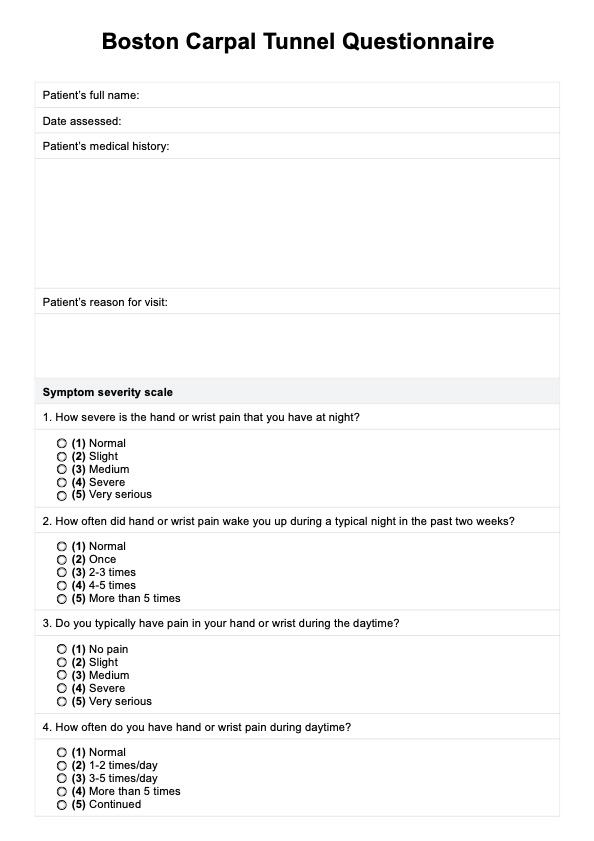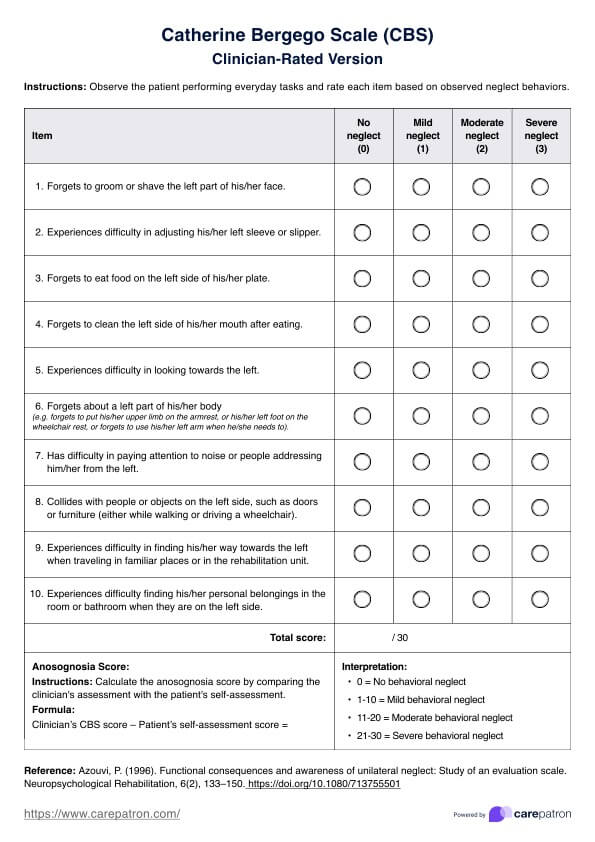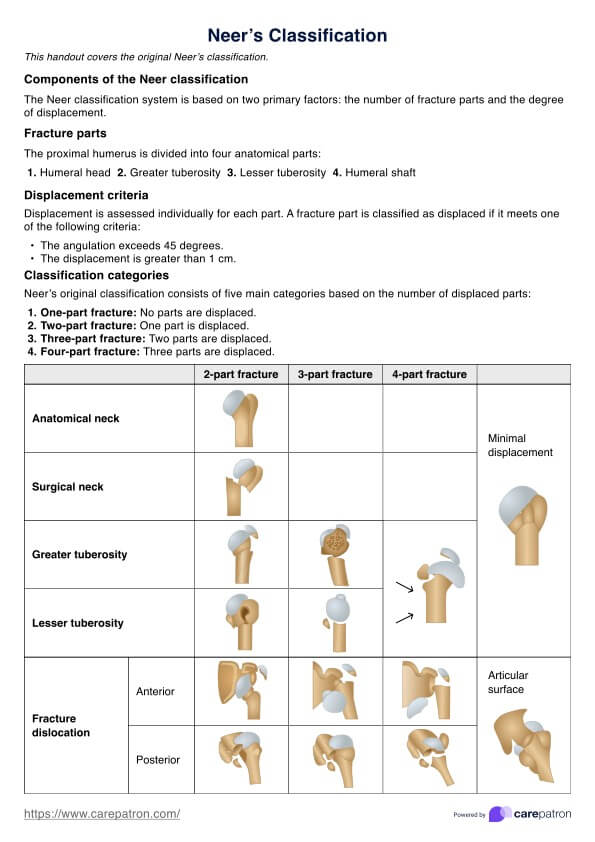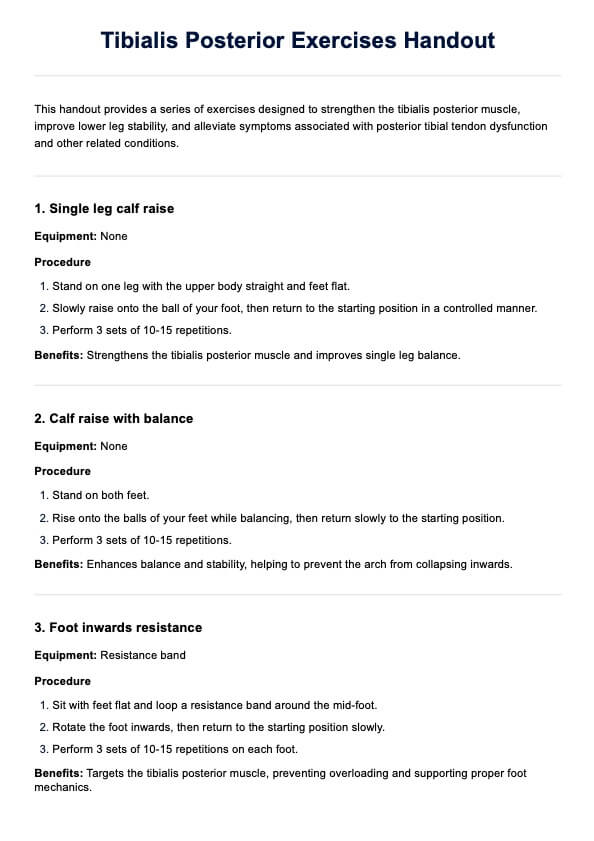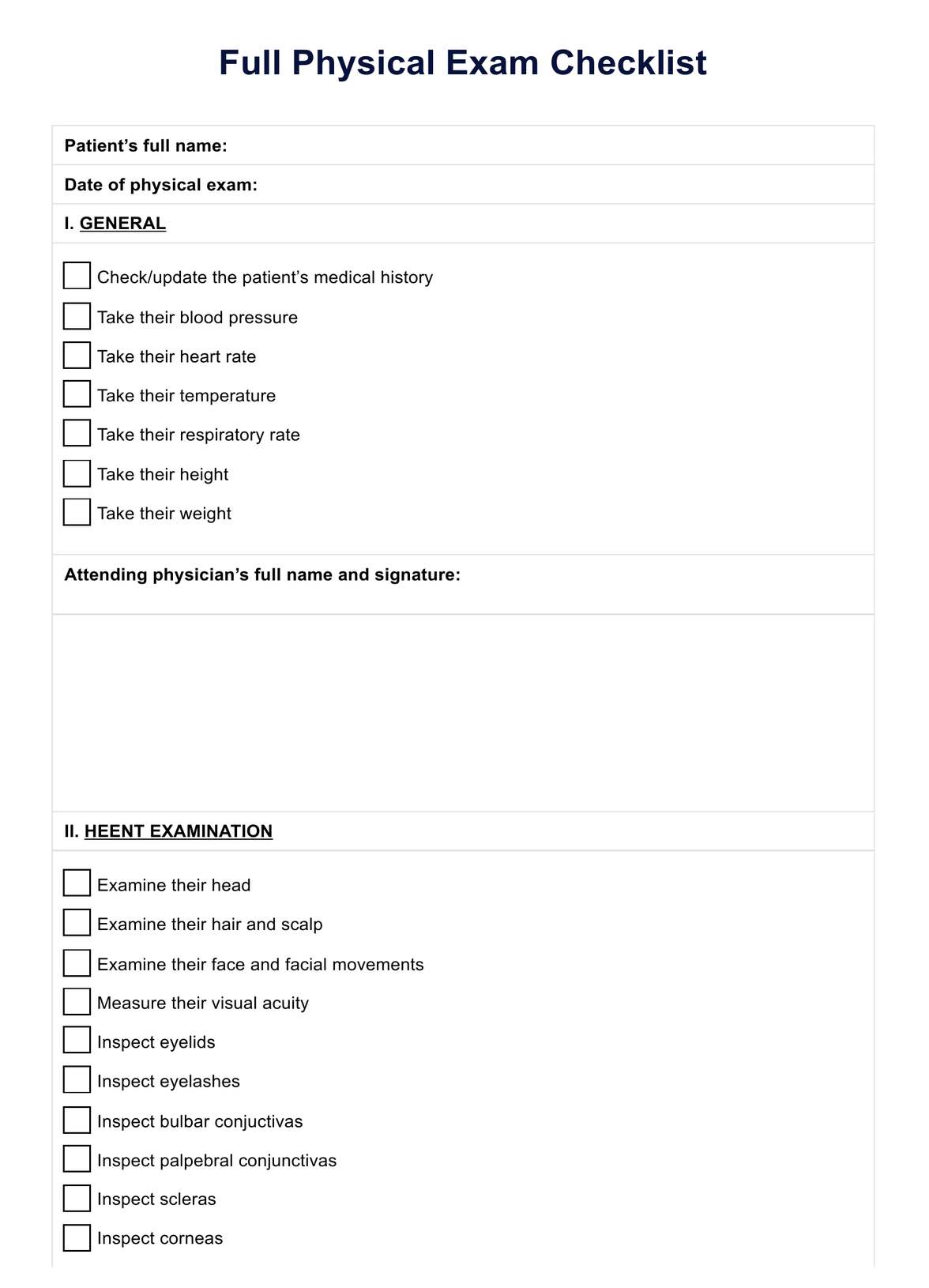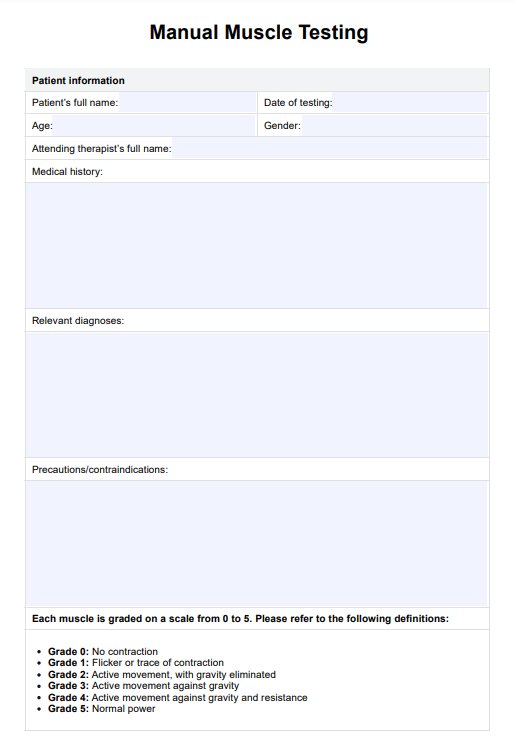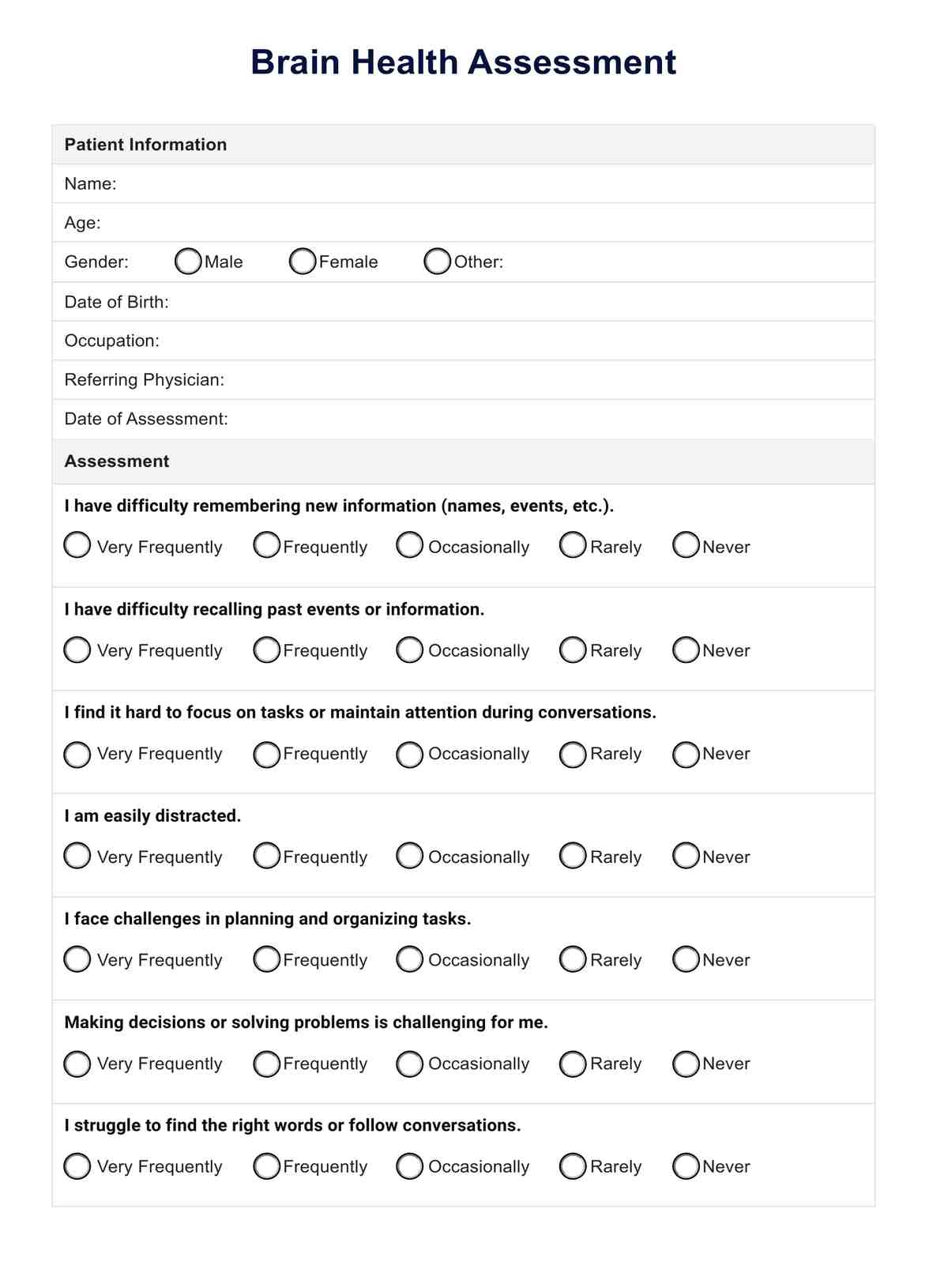Gene Test Template
Explore our guide on genetic testing: Understand its types, applications, and interpretation of results. Download our free gene test example for practical insights.


Genetic testing is a crucial tool in modern healthcare, offering insights into DNA, RNA, chromosomes, and proteins to detect genetic disorders and susceptibilities. It plays a vital role in diagnosing, treating, and preventing various health conditions.
The testing encompasses a range of methods, including prenatal screenings for early detection of fetal health issues, diagnostic tests for confirming genetic conditions, and predictive testing for individuals with a family history of genetic disorders.
Additionally, it significantly contributes to pharmacogenomics, tailoring medical treatments to individual genetic profiles. The process involves analyzing biological samples to uncover genetic information, providing valuable insights for personalized healthcare and effective treatment strategies.
Gene Test Template
Gene Test Template Example
Types of genetic tests
Genetic tests are diverse, each serving a specific purpose in genetic diagnostics and treatment planning.
- Diagnostic testing is crucial for confirming genetic or chromosomal conditions, especially when symptoms suggest a genetic disorder—for example: lung cancer test.
- Carrier testing is vital for individuals with a family history of genetic disorders, informing couples planning to have children.
- Prenatal testing and newborn screening detect genetic disorders early, allowing for prompt intervention.
- Predictive and presymptomatic testing assesses the risk of developing conditions before symptoms appear, providing opportunities for early intervention—for example, the BRAF genetic test.
- Pharmacogenomic testing determines how an individual's genetic makeup affects their response to medications, leading to personalized medicine.
- Research genetic testing advances our understanding of genetics, identifying unknown genes and developing future clinical tests.
How does this Gene Test work?
Genetic testing starts with collecting a DNA sample, usually via a blood test or cheek swab, followed by laboratory analysis. This analysis ranges from single gene testing, which identifies mutations in one gene, to panel testing which examines multiple genes, useful for conditions like cancer.
More comprehensive methods like whole exome or genome sequencing analyze the entire genetic code, which is useful for complex cases with unclear causes. The results, requiring expert genetic interpretation, are detailed in a report that informs medical decisions and strategies. Post-test genetic counseling is crucial to help individuals and families understand these results and their implications.
When should this genetic template be used?
Our free genetic testing template is invaluable in clinical diagnosis for patients with symptoms of a genetic disorder, guiding the testing process to consider all relevant genetic factors. It's also crucial for individuals with a family history of genetic conditions, aiding early detection and influencing treatment strategies.
In screening programs like newborn screening or cancer risk assessment, the template ensures standardized, accurate testing across various cases, which is essential for population-based screenings. Additionally, research exploring genetic diseases or gene-targeted therapies provides a consistent data collection and analysis method.
Types of Genetic Test results
Genetic test results are categorized into several types:
- Positive result: Indicates the presence of a genetic change linked to a disease, leading to further medical evaluation and family testing.
- Negative result: Suggests the absence of tested genetic changes but doesn't rule out other mutations. Further investigation may be needed based on symptoms or family history.
- Variant of Unknown Significance (VUS): A genetic change is found, but its health impact is unclear, often requiring additional analysis.
- Inconclusive result: Lacks clear information, potentially necessitating retesting or alternative methods.
Each result type carries different health implications and necessitates specific follow-up actions, like further testing or family screening. Understanding these results is key for accurate interpretation and appropriate medical interventions.
What diseases can be detected through genetic testing?
Genetic testing has revolutionized the diagnosis and management of numerous diseases, particularly those with a genetic basis. It can detect various conditions, ranging from inherited disorders to complex diseases where genetics play a significant role.
- Hereditary cancers: Genetic testing can identify mutations in genes like BRCA1 and BRCA2, which increase the risk of breast and ovarian cancers. Similarly, it can detect genetic predispositions to colorectal, prostate, and other cancers.
- Inherited genetic disorders: Conditions like cystic fibrosis, sickle cell anemia, Duchenne muscular dystrophy, and Tay-Sachs disease can be diagnosed through genetic testing. These tests are crucial for early intervention and management.
- Neurogenetic disorders: Disorders like Huntington's disease, certain forms of epilepsy, and familial Alzheimer's disease can be identified, allowing for early planning and intervention.
- Cardiogenetic disorders: Conditions such as hypertrophic cardiomyopathy and long QT syndrome, which can lead to sudden cardiac death, are identifiable through genetic testing.
- Chromosomal abnormalities: Genetic testing can detect conditions like Down syndrome, Turner syndrome, and Klinefelter syndrome, often through prenatal testing.
- Pharmacogenomics: This emerging field uses genetic testing to predict how individuals will respond to specific medications, enabling personalized medicine.
Managing genetic disorders
Managing genetic disorders involves a comprehensive approach that includes medical interventions, lifestyle modifications, and supportive care:
- Medical management: Depending on the disorder, management may include medications, gene therapy, or surgical interventions. Regular monitoring and health check-ups are crucial.
- Genetic counseling: Genetic counselors play a vital role in helping patients and families understand the implications of genetic disorders and navigate treatment options.
- Lifestyle modifications: In some cases, lifestyle changes can mitigate the impact of genetic disorders. This may include diet modifications, exercise, or avoiding certain environmental triggers.
- Supportive care: Many genetic disorders require a multidisciplinary approach to care, including physical therapy, psychological support, and specialized educational services.
- Family planning: For hereditary conditions, genetic counseling can provide valuable information for family planning decisions, including the risks of passing the condition to offspring.
Research and evidence
Genetic testing is rapidly evolving, driven by significant advancements and ongoing research. Key developments include:
CRISPR (Clustered Regularly Interspaced Short Palindromic Repeats) has revolutionized genetic editing, allowing precise DNA manipulation (Jinek et al., 2012). Additionally, next-generation sequencing (NGS) has enhanced the speed and affordability of genetic testing, making it more accessible (Reuter et al., 2015).
Genetic research has been pivotal in identifying mutations responsible for various conditions, such as cystic fibrosis and certain cancers. This knowledge is crucial for developing targeted treatments and preventive strategies (Richards et al., 2015).
The ethical, legal, and social implications of genetic testing, particularly gene editing and privacy concerns, are actively discussed. The need for international regulatory frameworks, especially for CRISPR technology, is increasingly recognized (Baltimore et al., 2015).
Personalized medicine, utilizing genetic information for tailored treatments, is becoming a reality and is set to transform healthcare (Ashley, 2016). The integration of artificial intelligence in genetic testing is expected to enhance diagnostic accuracy and predictive capabilities further (Topol, 2019).
Genetic testing is at a critical juncture, with technological advancements and ethical considerations shaping its future. These developments hold significant promise for healthcare, disease management, and our understanding of human genetics.
Why use Carepatron as your testing software?
Carepatron is a standout therapy practice management software for genetic testing management, offering a comprehensive suite of features for healthcare professionals. It prioritizes secure data management, adhering to HIPAA and GDPR standards, and ensuring sensitive genetic information's safety.
Our telehealth platform streamlines workflow, reducing administrative burdens and allowing more focus on patient care. Its collaborative tools enhance communication among healthcare teams, genetic counselors, and patients, fostering a cooperative approach to genetic testing.
Our patient portal software is customizable to suit various clinical settings and includes integrated telehealth capabilities, facilitating remote consultations and broadening access to genetic counseling. Carepatron's user-friendly interface simplifies the management of genetic testing processes, requiring minimal training.
Additionally, it offers data-driven insights, helping in the formulation of targeted treatment strategies. Carepatron is ideal for enhancing genetic testing practices, offering efficiency, security, and collaboration in one platform.
For more details on Carepatron's capabilities in genetic testing, visit the Carepatron Testing Software.
.png)
References
Ashley, E. A. (2016). Nature Reviews Genetics, 17(9), 507-522.
Baltimore, D., et al. (2015). Science, 348(6230), 36-38.
Jinek, M., et al. (2012). Science, 337(6096), 816-821.
Reuter, J. A., et al. (2015). Molecular Cell, 58(4), 586-597.
Richards, S., et al. (2015). Genetics in Medicine, 17(5), 405-424.
Topol, E. J. (2019). Nature Medicine, 25(1), 44-56.
Commonly asked questions
Genetic tests are generally accurate, but the accuracy can vary depending on the type of test and the specific genetic condition being tested.
While genetic testing can identify many genetic diseases, it may not detect all genetic conditions due to the complexity of the human genome.
Yes, genetic counseling is recommended to help individuals understand the implications of genetic testing and interpret the results.

.jpg)
